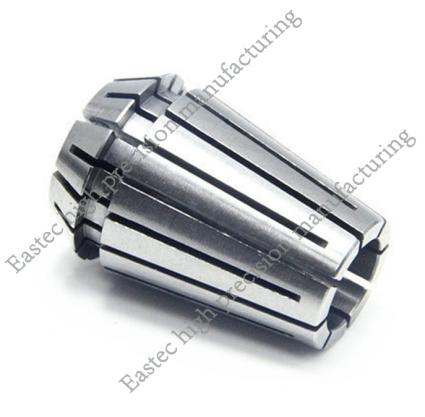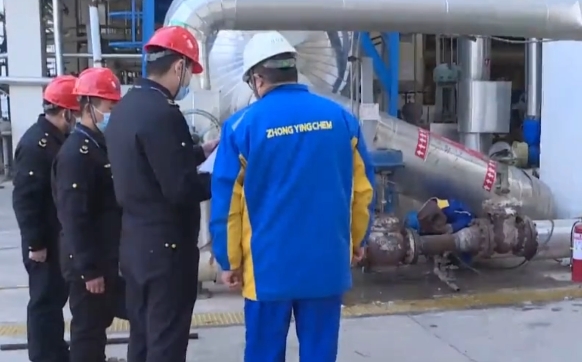For each different position in the workshop, detailed functional assessment rules should be formulated. A small - scale assessment should be carried out weekly, and a large - scale one monthly. Rewards and punishments are implemented according to the regulations in the assessment rules to further enhance the operators' attentiveness during the operation process.
In conclusion, as a production workshop manager, it must be recognized that safety production is not a phase - based task but a long - term and continuous project.
Safety production management should also focus on the following four aspects:
1. Unswervingly Adhere to the People - Oriented Principle in Safety Management
Firstly, the management should update their concepts and get rid of the conservative thinking of sticking to old ways and being reluctant to make progress. Secondly, efforts should be made on employees. Strict requirements should be set for employees' quality, eligibility for taking up positions, and ideological awareness, and all work should be carried out in accordance with standards. It is necessary to be good at studying employees' ideological trends and eliminate potential hazards before and after work. Thirdly, the working methods should be improved. Flexible and diverse forms should be adopted in work, with strict management but without excessive rigidity. Emotional investment should be emphasized to create a harmonious team atmosphere.
2. Pay Attention to the Control of the Operation Process in Safety Management
- A management assessment mechanism should be established. Managers should strengthen the inspection and supervision of on - site operation processes, truly identify and handle potential safety hazards in the dynamic process, and eliminate formalism.
- When assessing and inspecting grass - roots departments, both results and processes should be considered. Based on in - depth on - site investigations, result - based inspections should be carried out to avoid one - sidedness.
3. Transform Safety Management from External Management to Self - Management by Work Teams
- A work - team assessment mechanism should be established, with a hierarchical assessment framework where the workshop assesses work teams, work teams assess groups, and groups assess positions. Responsibilities, rights, and interests should be delegated to work teams, turning responsibilities and rights into pressure and motivation to mobilize the enthusiasm of each employee and encourage them to actively participate in safety management, achieving self - control, mutual control, and other - control in safety management. Only by realizing the self - management of work teams can the first line of defense be truly consolidated at the basic level.
4. Take Pre - emptive Measures in Safety Management, Move the Focus Forward, and Seize on Typical Cases
- Take the initiative, put pressure on oneself, and have the courage to expose problems. For prominent potential safety hazards, typical cases should be seized, and in - depth educational analysis should be carried out to shock the responsible persons and educate employees.
- Focus on formulating preventive measures, highlighting the principle of prevention first. For prominent common problems found in daily inspections and management work, preventive measures should be quickly formulated and resolutely corrected. Key individuals and key positions in the work should be identified and strictly controlled to prevent problems from occurring.
As an excellent production workshop manager, various unnecessary wastes should be avoided to save costs and resources. In general production processes, many "wastes" are generated in daily work. In fact, there are usually "seven types of wastes" in production management.
These "seven types of wastes" not only occur at the production site. If only the problems at the site are focused on without solving the underlying problems masked by the phenomena, it is undoubtedly putting the cart before the horse. Even if there seems to be a lot of activity on the surface, the actual results will be limited. Therefore, as an excellent production workshop manager, one should not only understand the causes of these "seven types of wastes" but also pay attention to avoiding and eliminating these waste - causing factors, saving costs and resources, and improving production efficiency.






 Customer service 1
Customer service 1  Customer service 2
Customer service 2